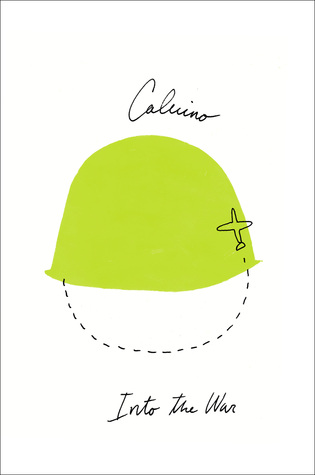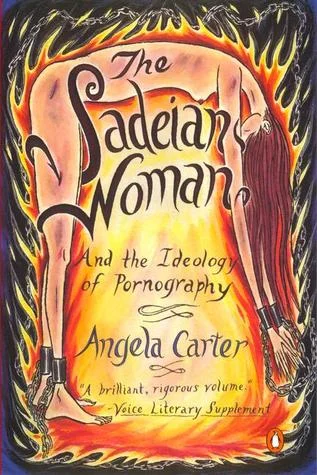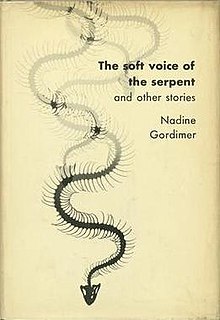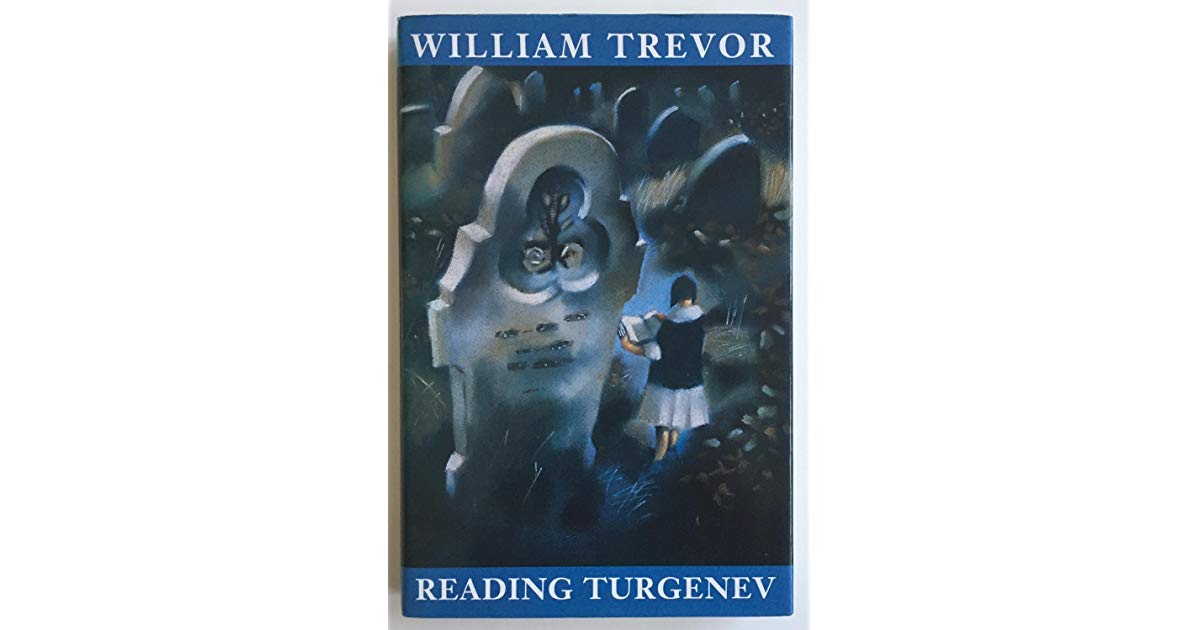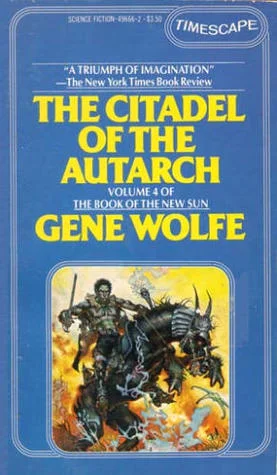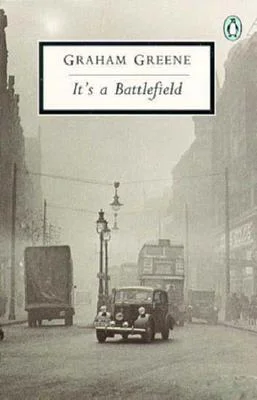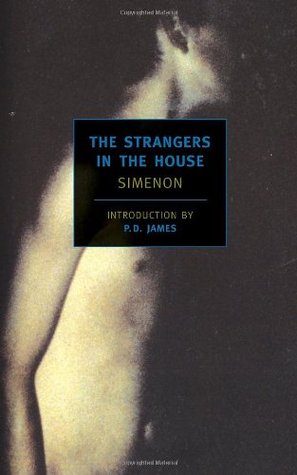Books I Read December 15, 2019
Writing this on a chilly day in Oxford, at the house of my dear, old friends, while drinking a glass of mulled wine. There are so many lovely things in this world that it is terrible we are ruining it at such a breakneck pace.
Human Voices by Penelope Fitzgerald – An idiosyncratic love affair takes place amid the claustrophobic auspices of the BBC during WWII. I've been lukewarm on the other Penelope Fitzgerald that I've read, but I'm glad I kicked forward, because this was a great delight. She has this peculiar style of misdirection, where it takes you 2/3 of the way through the book to figure out what the main narrative is about, and a rare capacity for limning characters in a handful of lines. Lots of fun.
Triumph of the Spider Monkey by Joyce Carol Oates – The scattered, psychedelic, horrific recollections of a 1960's serial killer, and a companion novelette of similar nastiness. Skillfully written, and disturbing in both its content and confused form. An effectively nightmarish little trifle, though I'm not exactly sure who I could recommend it to.
The Dark Side of the Sun by Terry Pratchett – Science fiction parody, or bad science fiction? Try as I might, I think Pratchett is not for me.
The Adventures of Simplicius Simplicissimus by Hans Jakob Christoffel von Grimmelshausen – The classic novel of the 30 Year War, an inverted bildungsroman in which an exaggerated innocent is led to greatness and ruin by the corrupt and strife-ridden Germany in which he lives. Written several hundred years before the development of the Western novel, you couldn't really pretend that this functions as a story in any conventional sense. Valuable as an historical object, and because it framed how the 30 Yer War was remembered for centuries thereafter, but probably not really of much interest for any average reader.
A Summer Bird-Cage by Margaret Drabble – Two hipster sisters are horrible in 1960's London. Well-observed but kind of mean-spirited. Which is the point but still.
The Exchange and Other Stories by Yuri Trifonov – A pair of novellas chronicling the spiritual failures and bitter concessions required of the post-war Soviet citizenry. Thoughtful in its depiction of the the tortured motivations of its subjects, intricately written, excellent all around. Really good stuff.
The Gunslinger by Stephen King – Roland Deschain pursues the Man in Black across a horrifying wasteland. I read this as a child and still retain an affection for it as being emblematic of King's best qualities as a writer, a hallucinogenic nightmare as brief and intense as the effects of the drug which surely is responsible for its creation. Midway through reading this version, which I picked up from a friend's shelf, I realized it was a revised addition, lots of unnecessary bloat and awkward references to the back story revealed in later sequels. This isn't really the place to go into what a terrible failure the Dark Tower series ending up being, but suffice to say it was harder for me to enjoy this with the weight of the rest of the books hanging over me.
The Corner That Held Them by Sylvia Townsend Warner – A fictional history of a convent in medieval England. It's a fascinating premise, and Warner is a talented writer with a comfortable and engaging mastery of her subject matter. But it does have that unfortunate quality of being a book about religion written by a writer who seems to be utterly contemptuous of religion. Among the dozens of nuns who pass through the convent there isn't one who seems to have any sort of genuine conviction, indeed the narrative seems not even to allow for the possibility that such a creature might exist. It ended up feeling kind of mean-spirited to me, and sort of insincere, in a way that cut against the undeniable quality of the work.
A Kestrel For a Knave by Barry Hines – An impoverished, brutalized youth escapes the miserable circumstances of his life through his kinship with a raptor in what I gather is a high school classic of English literature. Effectively sad, is mawkish and predictable.
The Noise of Time by Julian Barnes – An apologia for the Russian composer Dmitri Shostakovich, who fought against, then made corrupt peace with, the Soviet regime. A well-written meditation on the moral concessions required of artists and humans more generally, though it does have that kind of staid quality common to books written about the Soviet Union 30-odd years after the fall of the Soviet Union, where you're kind of like 'wow Stalin was a bad guy shit who knew.'




















































































































